Closing Deals Through Online Education: A Comprehensive Guide

Introduction
In today’s fast-paced digital world, closing deals through online education has become a crucial strategy for businesses, particularly in the insurance industry. By leveraging webinars, insurance agents and brokers can educate potential clients, build credibility, and generate high-quality leads. This blog post provides a detailed guide on how to conduct successful webinars that not only engage your audience but also drive business growth.
The Power of Online Education
Online education is a powerful tool for establishing authority and trust with potential clients. By offering valuable insights and practical advice through webinars, you position yourself as an industry expert. Webinars allow you to reach a broader audience, provide in-depth knowledge on complex topics, and create content that can be reused and repurposed for ongoing engagement. This approach not only enhances your visibility but also nurtures relationships with clients who view you as a reliable source of information.
Preparing for a Webinar
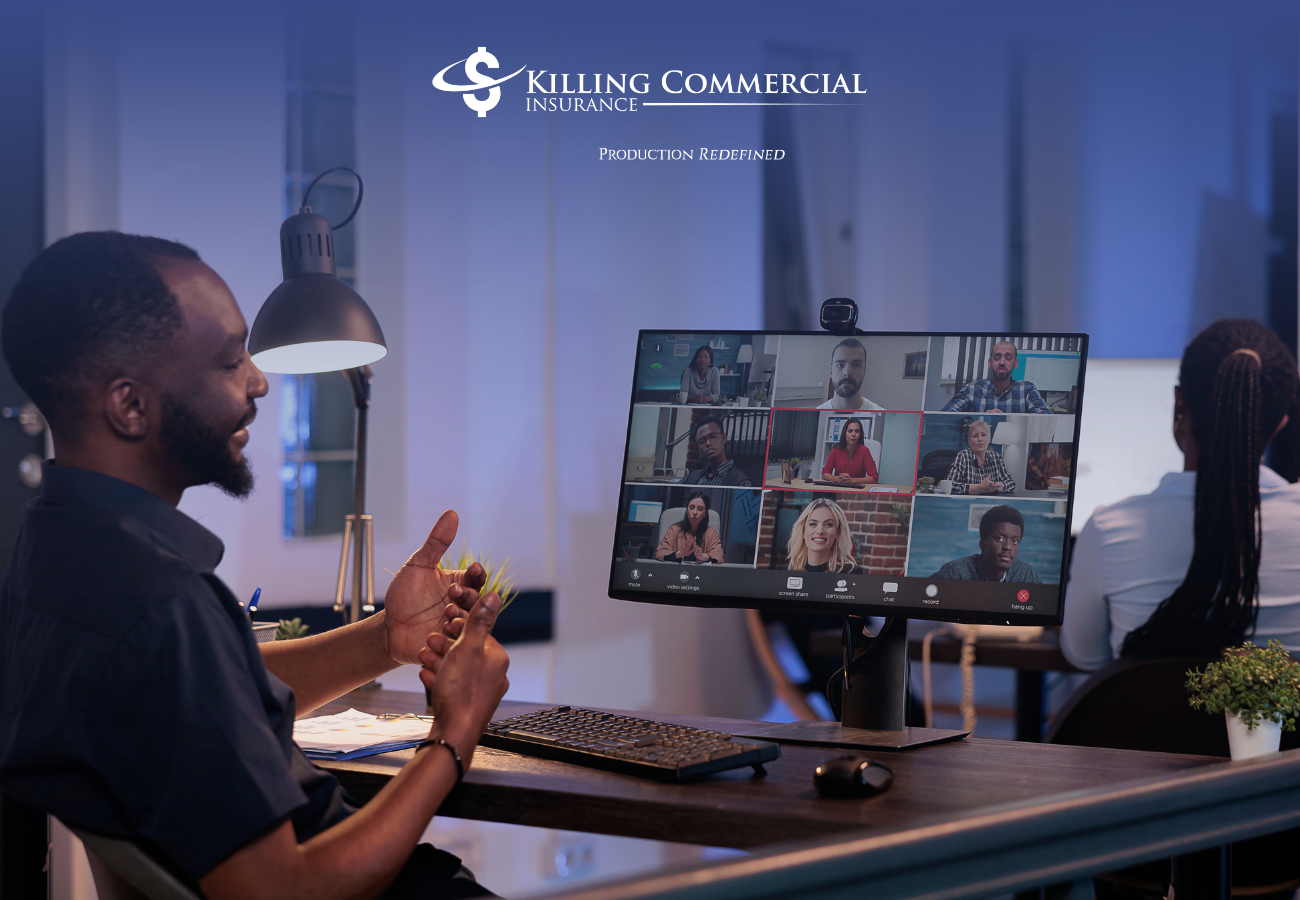
To host a successful webinar, preparation is key. Start by selecting a relevant and engaging topic that resonates with your target audience. For instance, in the insurance industry, topics like cybersecurity, cost-cutting in workers’ compensation programs, and quality control for specific sectors such as HVAC or plumbing can attract significant interest.
Assembling a panel of experts is equally important. Include subject matter experts who can provide diverse perspectives and valuable insights. This not only enriches the content but also attracts a broader audience. For example, when discussing cybersecurity, you might include an insurance expert, a cyber attorney, an IT security professional, and a law enforcement official who specializes in cybercrime.
Structuring Your Webinar
An effective webinar structure keeps the audience engaged and ensures the content is delivered smoothly. Here’s a suggested format:
- Introduction and Opening Remarks (5-10 minutes): Begin with a brief introduction, outlining the webinar’s agenda and objectives. Introduce yourself and the panelists, highlighting their expertise.
- Main Content Delivery (30-40 minutes): This is the core of your webinar. Each panelist should address specific aspects of the topic, providing detailed information and actionable advice. Ensure the content is well-organized and flows logically from one segment to the next.
- Q&A Session (10-15 minutes): Conclude with a Q&A session, allowing the audience to ask questions and engage directly with the panelists. This interactive segment can provide additional value and clarify any points of confusion.
Marketing Your Webinar
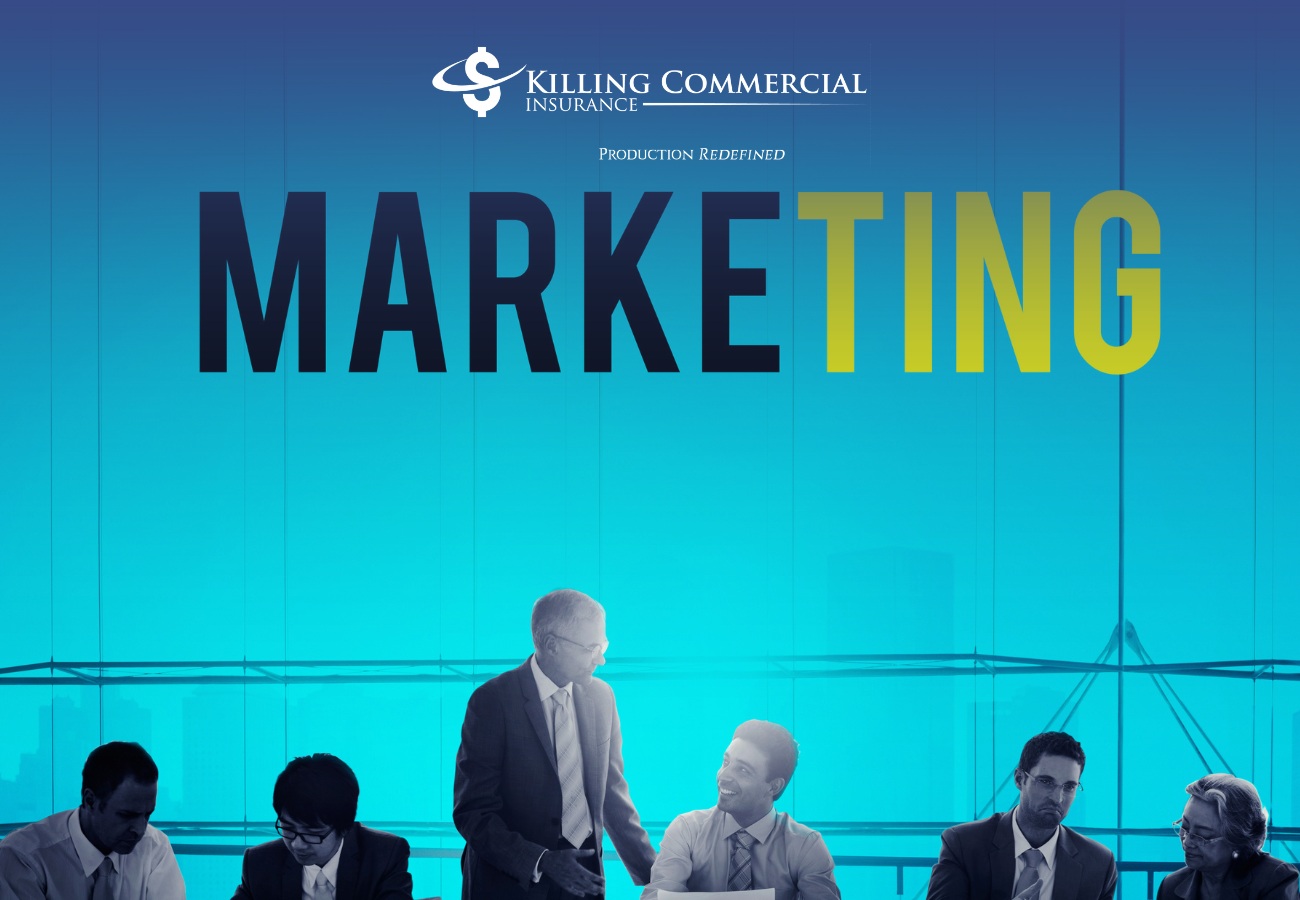
Promoting your webinar effectively is crucial to ensuring a good turnout. Utilize a mix of email marketing, social media, and partnerships with your panelists to reach a wider audience. Create a marketing kit with suggested posts, graphics, and email templates that your panelists can use to promote the event to their networks.
Building momentum requires a coordinated effort. Start promoting your webinar at least two weeks in advance, and continue to send reminders as the event date approaches. Highlight the value of the content and the expertise of the panelists to attract registrants.
Conducting the Webinar

On the day of the webinar, focus on delivering a smooth and engaging experience. As the host, your role is to moderate the discussion, keeping it on track and ensuring all panelists have an opportunity to speak. Manage the technical aspects, such as ensuring good audio and video quality, and addressing any issues promptly.
Interactive elements like polls and Q&A sessions can enhance engagement. Encourage attendees to participate and ask questions throughout the webinar.
Post-Webinar Strategies
The work doesn’t stop once the webinar ends. Follow-up actions are essential to maximize the value of the event. Edit the recording and upload it to your website, making it available on-demand. Use the recorded content to create additional materials, such as blog posts, video clips, and social media posts.
Lead attribution and tracking engagement are critical. Use tools like HubSpot to track new leads generated from the webinar and follow up with personalized emails or phone calls. This helps nurture these leads and move them further down the sales funnel.
Case Studies and Success Stories
Sharing case studies and success stories can illustrate the impact of your webinars. For example, during the COVID-19 pandemic, we conducted a webinar on the Payroll Protection Plan (PPP) with a local bank. This event attracted hundreds of business owners and resulted in significant business growth for both the bank and our clients.
Another example is our ongoing series of webinars on cybersecurity. These events consistently attract a high number of attendees and generate valuable leads. By sharing these success stories, you demonstrate the potential benefits of webinars and encourage others to implement similar strategies.
Continuous Improvement and Future Webinars

Evaluating the success of your webinars is essential for continuous improvement. Gather feedback from attendees and analyze metrics to identify areas for enhancement. This iterative process helps you refine your approach and increase the effectiveness of future webinars.
Commit to a consistent webinar schedule, such as one per quarter, to maintain engagement with your audience. Planning ahead and setting clear objectives for each webinar ensures you stay focused and deliver high-quality content.
Conclusion
Webinars are a powerful tool for closing deals and educating clients. By following the strategies outlined in this blog post, you can create engaging and effective webinars that drive business growth. Remember, the key to success lies in thorough preparation, effective promotion, and continuous improvement.
Call to Action
If you found this guide helpful, please share your thoughts or questions in the comments below. Additionally, we offer a downloadable checklist for planning and executing successful webinars. For further inquiries or personalized consultations, feel free to contact us. Let’s start leveraging the power of online education to grow your business!

Why Standalone Cyber Insurance Beats BOP Extensions Every Time: Protecting Clients from Modern Threats
The insurance industry is full of shortcuts. Some producers look for ways to streamline the quoting process, others avoid hard conversations with clients, and many rely on endorsements or extensions because they are “easier” than diving into the details. Nowhere is this more dangerous than in the world of cyber insurance.
Too many agents assume that a cyber endorsement on a BOP or commercial package policy is “good enough.” It isn’t. In fact, treating a BOP cyber extension as a replacement for a standalone cyber policy leaves clients dangerously exposed, puts producers at risk of losing accounts, and opens the door to costly errors and omissions (E&O) claims.
Cyber threats evolve faster than any other area of risk, and endorsements simply can’t keep up. If producers want to protect their clients and themselves, it’s time to understand why standalone cyber insurance is non-negotiable.
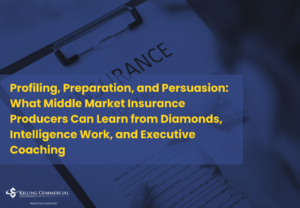
Profiling, Preparation, and Persuasion: What Middle Market Insurance Producers Can Learn from Diamonds, Intelligence Work, and Executive Coaching
In the middle market, producers don’t lose because the competition has better pricing.
They lose because the competition understands people better—their motivations, their fears, their priorities, and what makes them say yes.
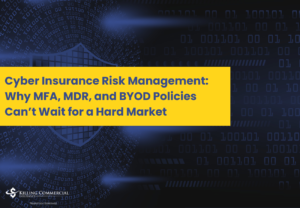
Cyber Insurance Risk Management: Why MFA, MDR, and BYOD Policies Can’t Wait for a Hard Market
The cyber insurance market has softened in recent years. Requirements that were once rigid — like mandatory multi-factor authentication (MFA) or endpoint detection and response (EDR) tools — have been relaxed by many carriers. But here’s the danger: just because carriers aren’t demanding these safeguards today doesn’t mean businesses can afford to ignore them.
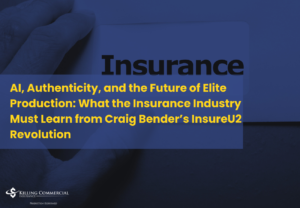
AI, Authenticity, and the Future of Elite Production: What the Insurance Industry Must Learn from Craig Bender’s InsureU2 Revolution
The insurance industry is entering one of the most transformative seasons in its history. For decades, our world has been shaped by carriers, underwriting cycles, prospecting methods, and the grit of producers willing to outwork their competition. But today, a new force is reshaping the landscape—and most producers, agency leaders, and industry professionals aren’t ready for it.

From Imposter Syndrome to Intentional Growth: How Producers Win by Controlling Time, Trust, and the Submission Process
The commercial insurance world isn’t for the faint of heart. It’s unpredictable, chaotic, and constantly demanding producers to manage competing pressures—client needs, renewal deadlines, life events, prospecting goals, and agency responsibilities. And if you’re a middle-market producer, multiply that by ten.
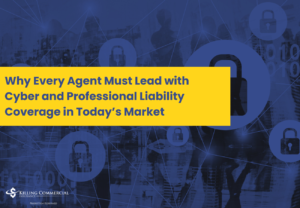
Why Every Agent Must Lead with Cyber and Professional Liability Coverage in Today’s Market
In the middle market commercial insurance space, the role of the producer has never been more critical—or more misunderstood. Too many producers still view their job as selling policies instead of what it truly is: protecting the assets and livelihoods of the businesses they serve.

Responses